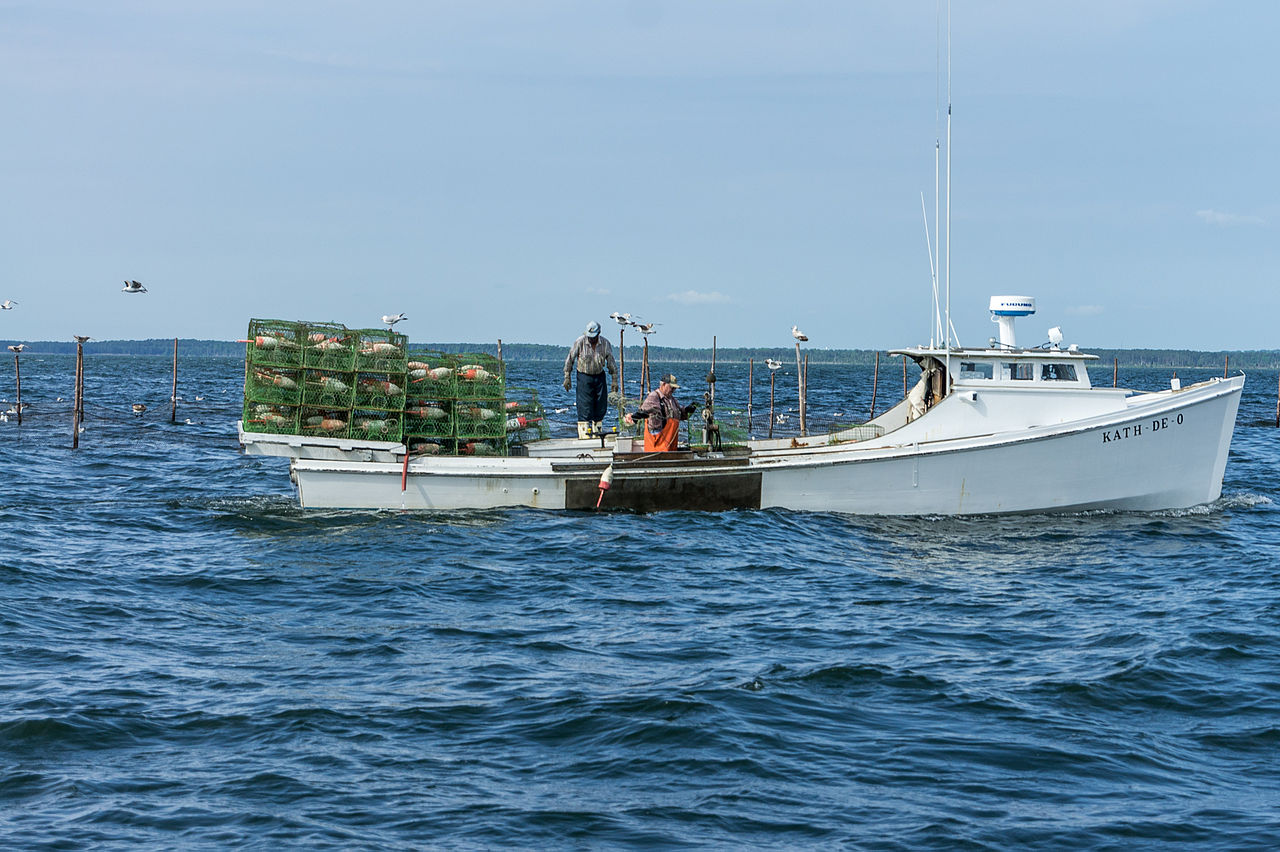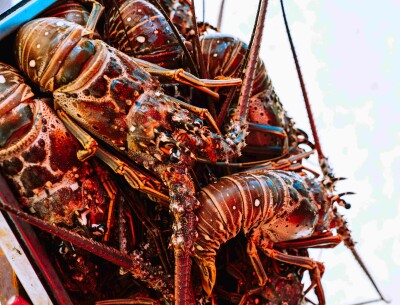For the first time in a decade, the overall health of the Chesapeake Bay declined, according to the Chesapeake Bay Foundation. In the new State of the Bay report published in January, scientists dropped the rating of the bay’s health from a C minus to a D plus.
“Simply put, the bay suffered a massive assault in 2018,” said William Baker, the foundation’s president, in a news conference. “The bay’s sustained improvement was reversed in 2018, exposing just how fragile recovery is.”
The decline has been attributed to increased runoff from severe rainstorms throughout 2018, partially caused by climatic changes along the coast as well as failure to curb the altered nutrient and sediment loads.
The foundation assesses bay health every year by looking at 13 indicators in three categories — pollution, habitat and fisheries.
“While some indicators improved or stayed the same,” Beth McGee, the foundation’s chief scientist said in mid-January, “scores for the bay’s two systemic pollutants — nitrogen and phosphorus — decreased substantially, reflecting increased loads caused by the high rainfall in 2018 and above-average loads in 2017.”
The report also suggests that these heavier rainy seasons may become more frequent in coming years, no longer outlying conditions.
How these conditions affected fisheries is a mixed bag. Rockfish and blue crabs maintained their healthy levels, while oysters and American shad populations continue to do poorly, both earning Fs in the report.







